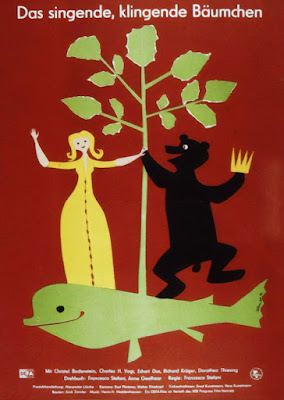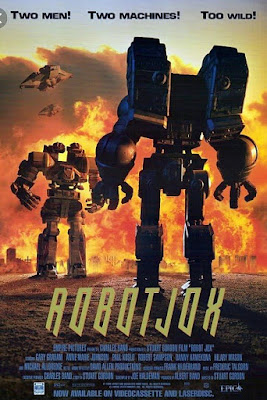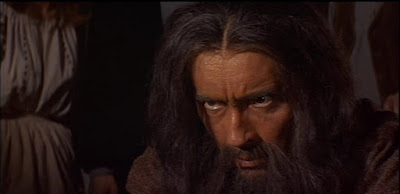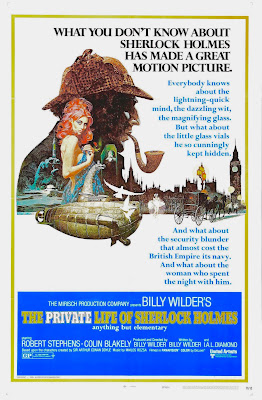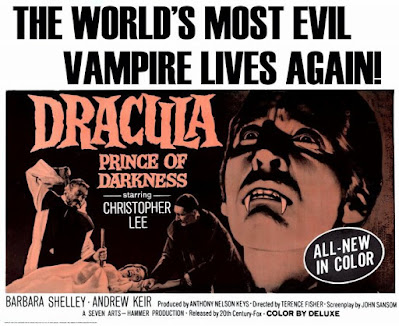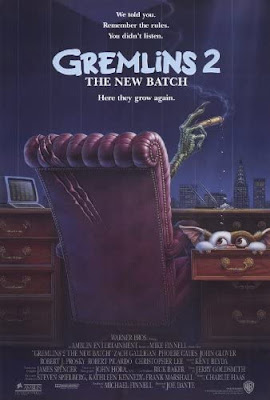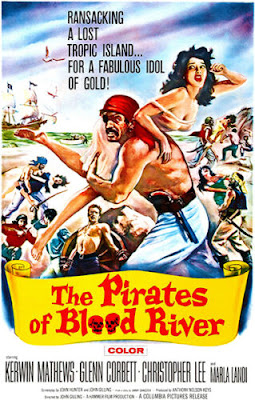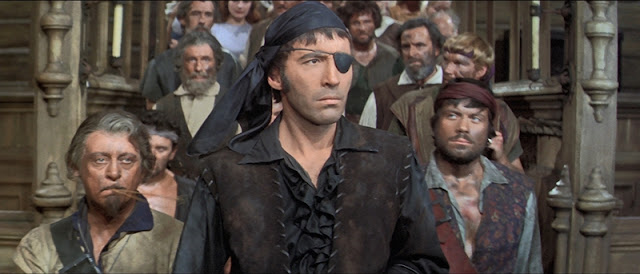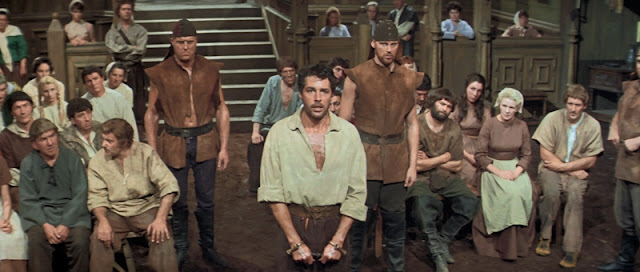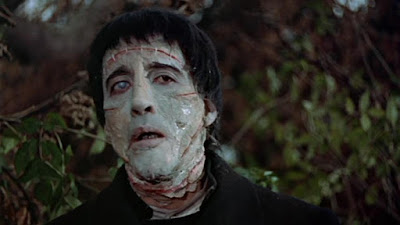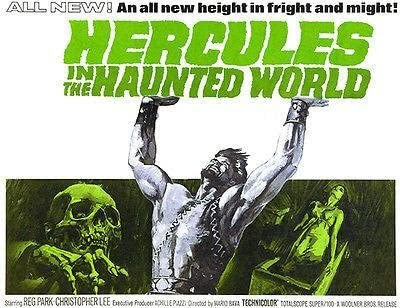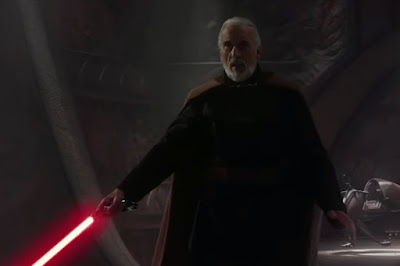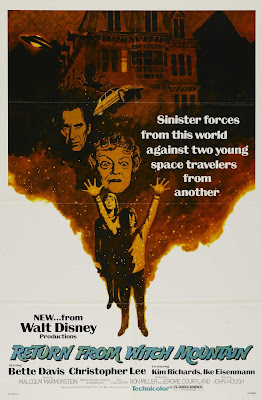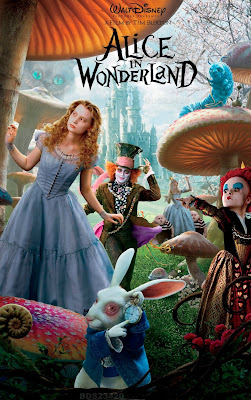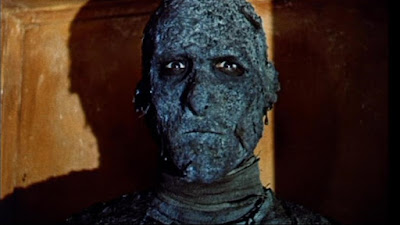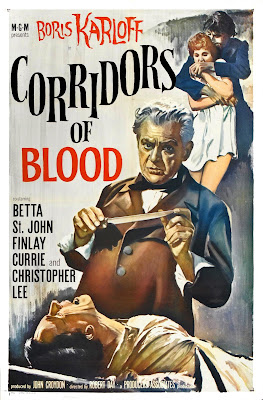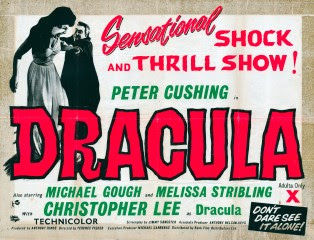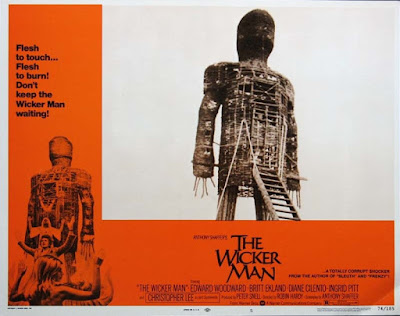The Singing Ringing Tree (1957) In this engaging adaptation of a Grimm fairy tale from East Germany’s DEFA studios, a sensitive, handsome prince (Eckart Dux) indulges the whims of a capricious princess (Christel Bodenstein). He brings her a magical tree, but she sends him away. After being cursed by a mischievous dwarf, he’s transformed into a bear, and must win her affections through his wits alone. The filmmakers were obviously not working with the kind of budgets available in the west, but the simplistic, stagey sets just add to the charm. Its main message about acceptance of the person inside shouldn’t be a shock to anyone, but in a social media-obsessed age (where we’re judged more on looks than content), it’s worth restating. It’s a good one to watch with the kids, or as a kid at heart.
Note: The BBC
version on Kanopy features English narration over the dialogue, which can be a
bit off-putting at times, but it’s a minor quibble about an otherwise enjoyable
film.
Rating: ***½. Available on DVD (Import) and Kanopy
Robot Jox (1989) In the near future, countries settle their disputes, not with armies but giant, human-piloted robots, in director Stuart Gordon’s (co-scripted by science fiction novelist Joe Haldeman) film. At an estimated budget of $10 million (1/19 of the cost of Pacific Rim), this was the most expensive production from independent Empire Pictures (which bankrupted the small production company). Former champion Achilles (Gary Graham) is coaxed out of retirement to fight archrival Eastern Bloc menace Alexander (Paul Koslo) once more. In a digital age when even low-budget movies can credibly depict large-scale destruction, the modest analog effects are an endearing change of pace. The characters are about as substantial as crepe paper, and the social commentary is about as deep as a kiddie pool, but if you want to see big robots duke it out, give it a try.
Rating: ***. Available on Blu-ray, DVD and Amazon Prime
Unknown World (1951) This production by Robert L. Lippert plays like a cheap version of Journey to the Center of the Earth, and makes the Amicus’ version of At the Earth’s Core (1976) look lavish, by comparison. A team of scientists and their wealthy benefactor board a specially built tunnelling vehicle to descend 1,000 miles beneath the Earth’s crust. Their goal: to find a habitable space for humanity if/when nuclear war breaks out. Expect lots of walking sequences (utilizing shots from Carlsbad Caverns, in New Mexico), scenes with needless, poorly motivated bickering, and some half-assed romance. The movie pushes its big message about learning to live life on the surface, rather than the more obvious one (humanity needs to clean up its act). Despite the premise, the movie’s journey just seems tedious, but you have to admire it on some level, depicting such lofty ambitions on a meager budget.
Rating: **½. Available
on DVD, Amazon Prime and Tubi
Roar (1981) A conservationist (Noel Marshall) establishes a safe haven for big cats (including lions, tigers, jaguars, and panthers) in Kenya. Mayhem ensues when his wife and kids visit the compound, crossing paths with the enlarged felines. The troubled production’s behind-the-scenes story is much more compelling than the chaotic mess that appears onscreen. Because the filmmakers built an entire movie around the big cats, the results are a sloppily edited mess, with no discernible plot or story (if someone told me there wasn’t a script for this, and they simply ad-libbed every line, I’d probably believe it). Several cast members and crew, including director/star/co-writer Noel Marshall, co-star Melanie Griffith (co-starring with her mom/co-producer/star Tippi Hedren), and cinematographer Jan de Bont, were seriously injured during filming.
With regard to the scenes that were left in, you’re never quite sure if the bloody injuries the characters sustain are effects or the real deal (I’d put my money on real). While the message about the need for wildlife conservation and the plight of big cats around the world is a worthy one, I doubt anyone would condone living with a pride of lions as a viable answer. At best, Roar is a curiosity that must be seen to be believed. Just don’t expect anything particularly coherent.
Rating: **.
Available on DVD

